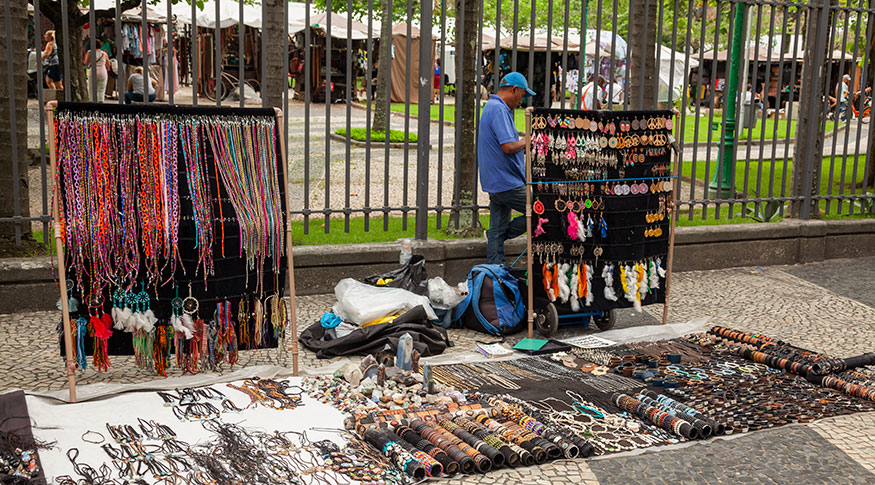São Paulo – Brazil ended 2018 with a record in informal jobs, reaching 11.2 million people employed but with no work card. This was the highest number in the series of the national household sampling survey (PNAD Contínua) published this Thursday (31) by Brazilian Institute of Geography and Statistics (IBGE). When the survey was implanted in 2012, there was a declining trend in employed people with no work card in the private sector until 2015, when this trend reversed.
The average rate of jobless workers in the country, which measures unemployment, fell from 12.7% in 2017 to 12.3% in 2018. The unemployment rate measured in the quarter ended in December 2018 was 11.6%. The number is 0.3% smaller than in the quarter from July to September 2018, when the rate was 11.9%. Comparing with the same quarter in 2017 (11.8%), the difference was -0.2%.
“These numbers reflect a trend we had noticed, the informal jobs rise against the declined in unemployment,” explained IBGE Work and Revenue coordinator Cimar Azeredo in a press release. “The 12.3% annual unemployment rate, although being smaller than the 2017 one, is far above the lowest point in the series, which was 6.8% in 2014,” he stated.
Another feature indicator is the underused workforce, which includes people unemployed and underemployed for lack of worked hours. This group reached 27.4 million in 2018, the greatest value in the series. “Although there was a reduction in the unemployment rate, tother numbers composing the indicator – underemployment, potential workforce and discouragement – saw an upward trend, the three indicators being the highest in the historical series,” pointed Azeredo. The term “discouragement” is applied to workers who believe they won’t have an opportunity and have already given up.
According to IBGE, the increase in informal jobs partly influenced the growth in activities such as domestic services, commerce, food, transport, and others.
Translated by Guilherme Miranda




